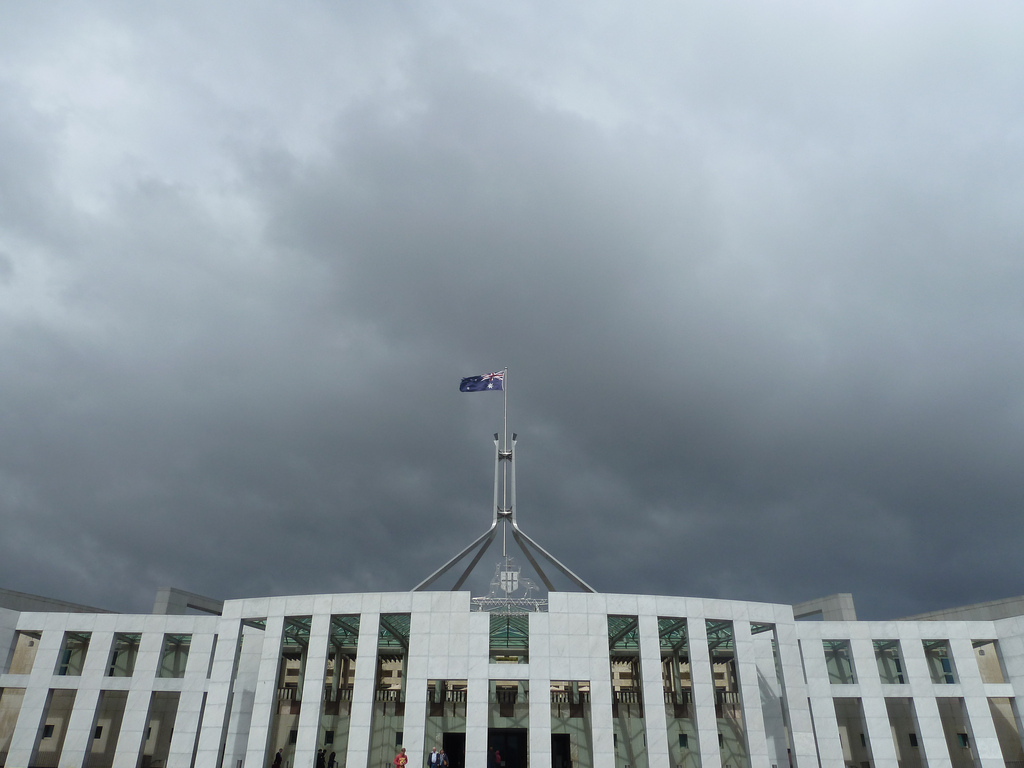Already tense Australian Public Service pay negotiations are primed to get a whole lot closer to home for Prime Minister Tony Abbott and chief bureaucrat Ian Watt, as staff and senior management at the elite Department of Prime Minister and Cabinet (PM&C) prepare to kick-off enterprise bargaining negotiations within a fortnight.
The PM’s own much smaller, but highly influential department is likely to be asked to absorb the same kind below inflation offer already put to around 30,000 staff at Department of Human Services, with a similar deal embarrassingly leaking out from Defence before management could put it to personnel.
As a department that sits at the very top of the public policy tree, levels union activism at PM&C have traditionally been lower than other frontline parts of the APS; although some sources suggested that the management style of former PM Kevin Rudd may have inadvertently helped spur union recruitment during his first stint as PM.
Now the Community and Public Sector Union, which conspicuously – albeit temporarily – pulled campaigning support for federal Labor during the last federal election campaign (when Mr Rudd regained the leadership) says that it anticipates that talks proper will start at PM&C in less than 10 days.
“The CPSU lodged its bargaining claim with PM&C and the[Australian Public Service Commission] in December last year [2013]. After repeated urging to commence bargaining, the Department has now announced their intention to start formal negotiations in the week of 11 August 2014,” the union said in communications to members.
In the past union negotiations at PM&C have sometimes been regarded as a bit of a perfunctory charade, due in part to the department’s reputation as a preparatory school for the APS’ senior ranks.
But that could be poised for change following machinery of government changes that resulted in the Indigenous Affairs functions of what was the so-called super Department of Families, Housing, Community Services and Indigenous Affairs.
It is understood that some indigenous stakeholders have become progressively frustrated with the level of resourcing that has come with the movement of what had been Indigenous Affairs portfolio into PM&C in what Prime Minister Tony Abbott had hailed as an elevation in priority.
Another factor likely to make bargaining negotiations more animated than in previous rounds is the unwritten imperative of the PM’s own department needing to be seen to lead by example in terms of receiving the same kind of austerity treatment meted out to other departments.
Citing the examples of the Human Services offer and reports that Defence’s proposed deal is likely to be “less than 1 per cent per annum, with significant cuts to leave and other conditions” the CPSU is telling members to dig-in.
The union said that both examples “make it increasingly clear that the government is pushing a blueprint to cut jobs, conditions and real pay in agencies all across the APS” and that the plan was now to grow and organise membership to “shift the government’s bargaining policy.”






Leave a Reply